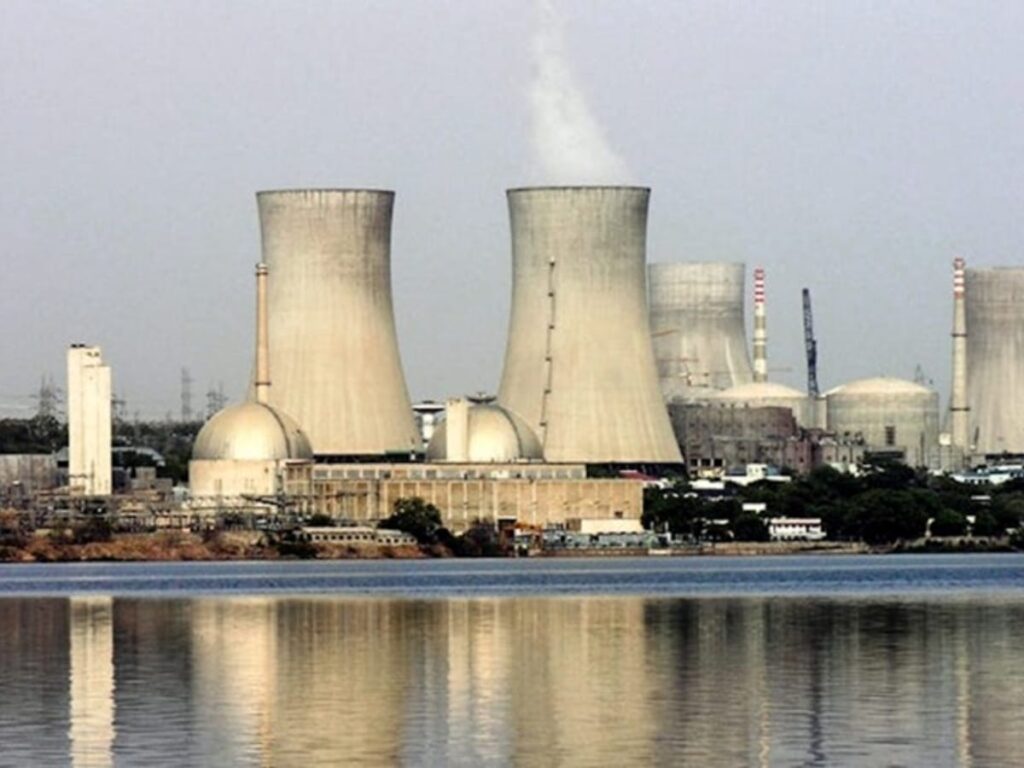
New Delhi: In a major boost to India’s nuclear infrastructure, the Nuclear Power Corporation of India Limited (NPCIL) and the Bhabha Atomic Research Centre (BARC) have jointly inaugurated the country’s first-ever private sector test facility for upgrading depleted heavy water. The facility has been established by TEMA India, a leading manufacturer of specialized engineering equipment.
The inauguration was carried out by NPCIL’s Technical Director, Rajesh V, and K T Shenoy, Director of BARC’s Chemical Engineering Group. According to the official statement, TEMA India will manufacture and supply key modules from this facility for several vital nuclear projects, including the Rajasthan Atomic Power Project (RAPP) Unit 8, Gorakhpur Haryana Anu Vidyut Pariyojana (GHAVP) Units 1 to 4, and Kaiga Units 5 and 6.
This test facility has been developed based on indigenous technology transferred from BARC to TEMA India, specifically for the fabrication of vacuum distillation columns used in the upgradation process of depleted heavy water.
The new plant aims to streamline India’s nuclear supply chain by decentralizing production, which will help mitigate delays, enhance quality assurance, and improve the reliability of components required for Pressurized Heavy Water Reactors (PHWRs). This development is expected to significantly reduce bottlenecks and expedite project timelines across India’s nuclear energy sector.
With India targeting 100 GW of installed nuclear power capacity by 2047 as part of its three-stage nuclear program, the demand for upgraded heavy water and associated distillation infrastructure is expected to rise substantially. The technology partnership with TEMA India addresses a crucial gap by boosting domestic manufacturing capability and supporting faster rollout of PHWRs.
BARC, which has played a pivotal role in the advancement of indigenous nuclear technologies, has also contributed to the design of efficient structured packing systems within these distillation columns. These systems have already been deployed in multiple NPCIL-operated PHWRs across the country.
The establishment of this private-sector facility represents a strategic milestone for India’s civil nuclear program, aligning with the nation’s broader push for self-reliance in advanced nuclear technologies and infrastructure.
